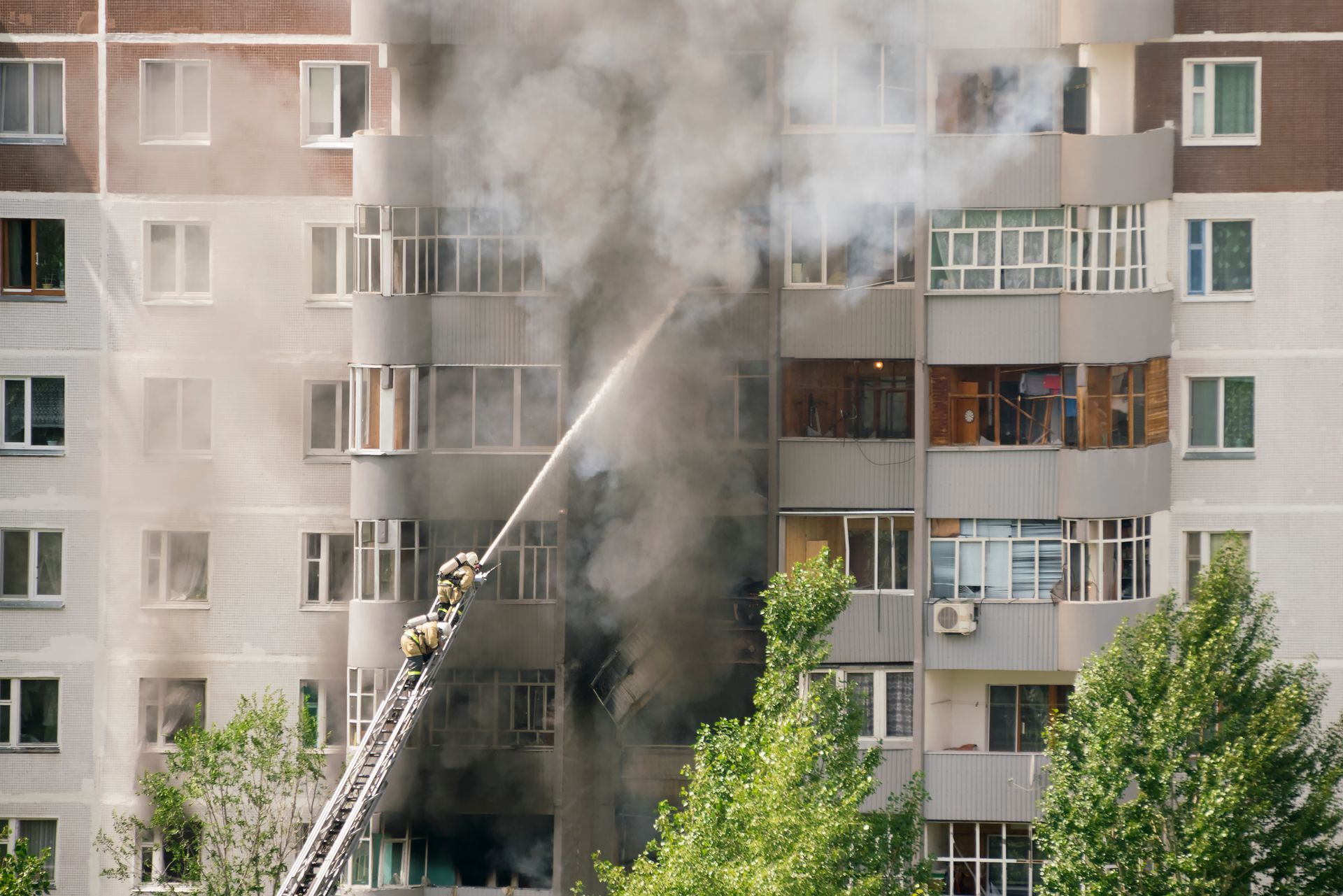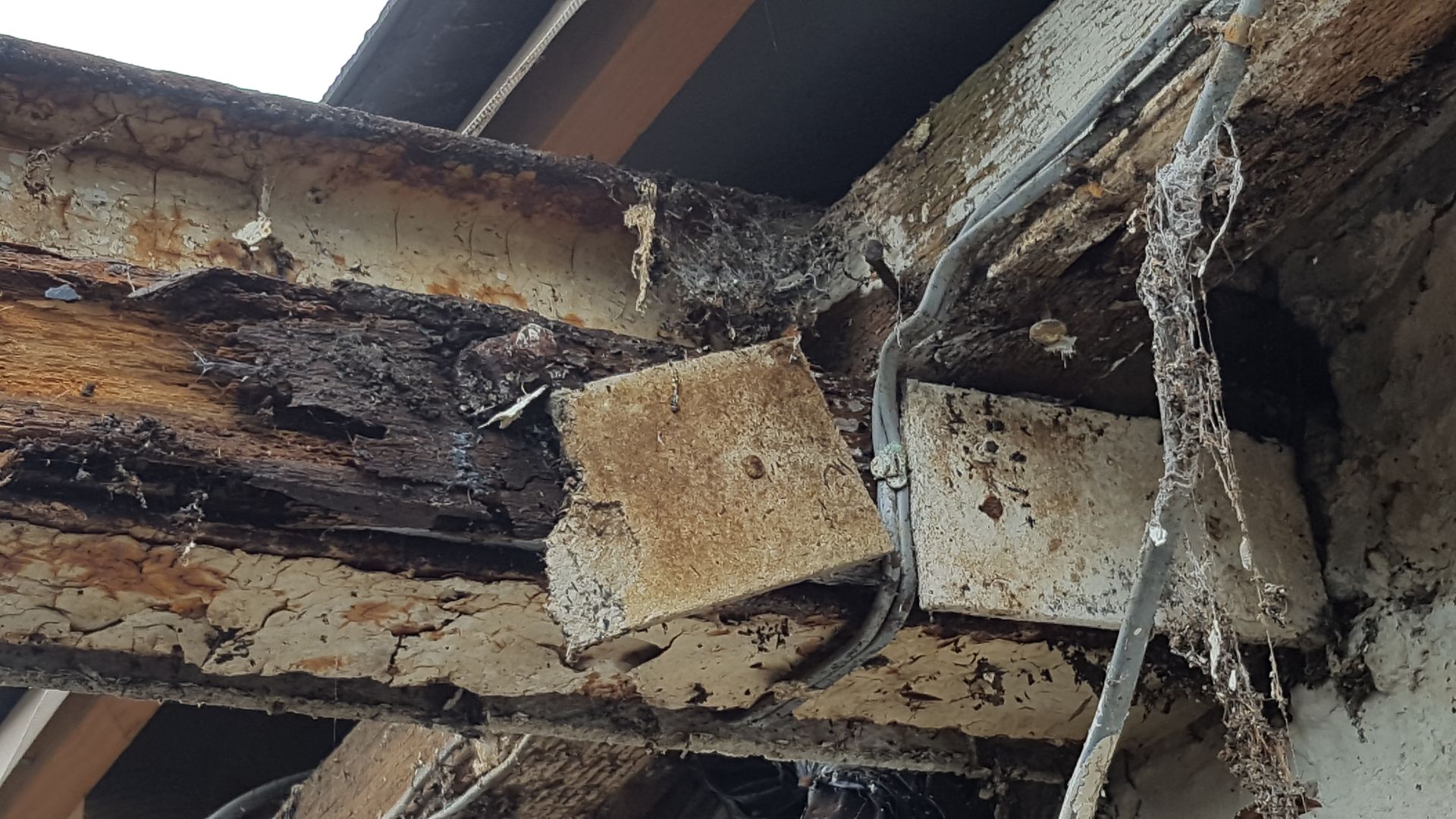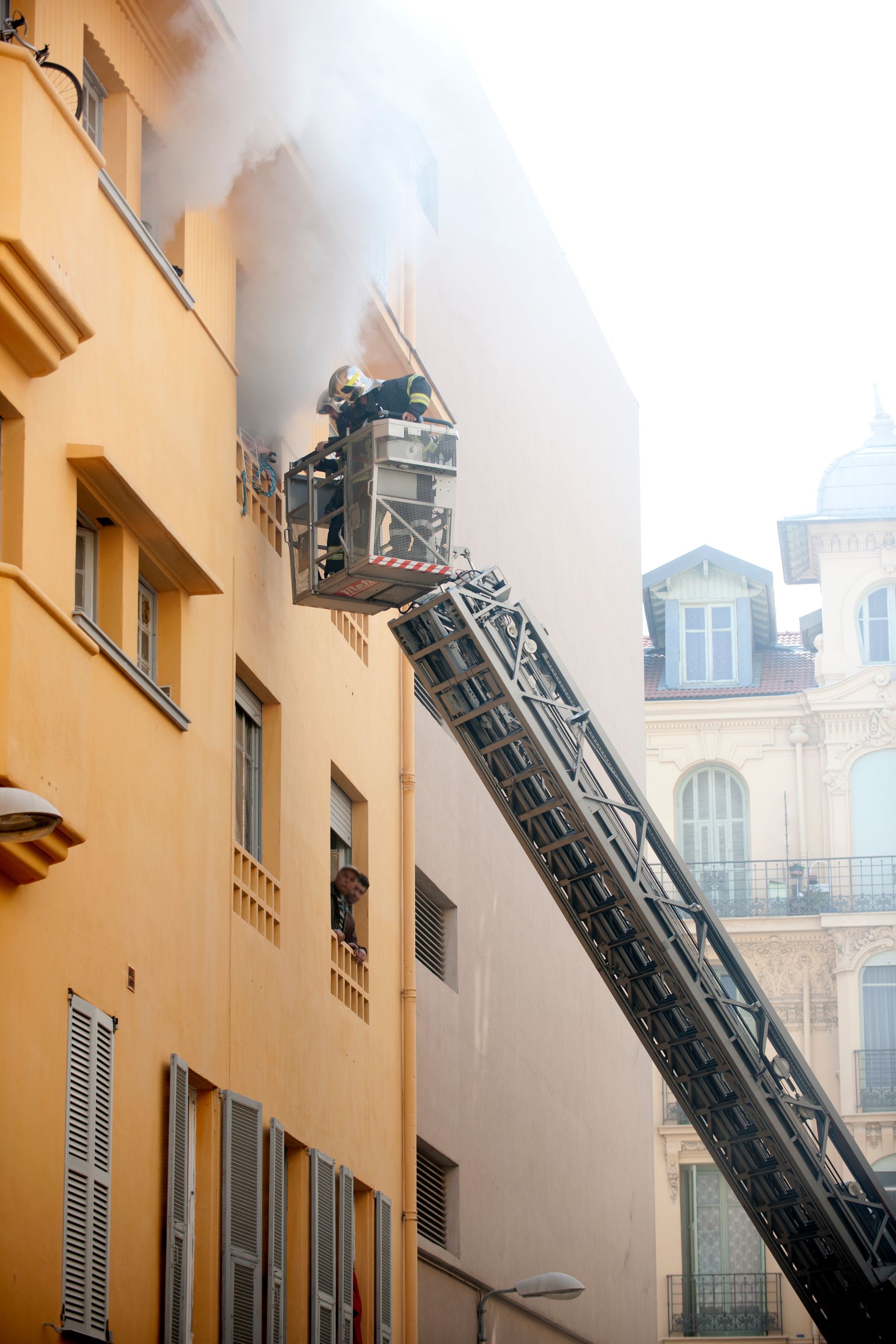Introduction
When disaster strikes, the resilience of local communities shines brightest. Fire incidents can devastate homes, wildlife, and entire neighborhoods, leaving families grappling with loss and uncertainty. However, the spirit of community often emerges stronger in the face of adversity. This article delves into how local communities support one another during fire recovery efforts, highlighting the incredible ways people come together to heal and rebuild.
How Local Communities Support Each Other During Fire Recovery Efforts
In the wake of devastating fires, community support transforms from a mere concept into a lifeline. The essence of human connection becomes evident as neighbors lend helping hands, organize fundraisers, and share resources.

Understanding Fire Damage Recovery
Fire damage can extend far beyond charred structures; it includes psychological trauma and loss of personal belongings. Communities must recognize these multifaceted challenges to effectively support their members.
The Role of Fire Restoration Services in Federal Heights Colorado
Professionals specializing in fire restoration services play an essential role in recovery efforts. They assess damage, provide fire damage restoration tasks, and offer emotional and practical support to families navigating this challenging time.
Creating a Support Network: Community Initiatives
Local initiatives often spring up following a fire event. Community centers become hubs for recovery efforts where volunteers organize food drives, clothing donations, or housing assistance programs.
Building Resilience Through Volunteerism
Volunteering not only restoration aids those affected by fire but also strengthens community ties.
How Local Businesses Contribute to Recovery
Local businesses often step up during crises by donating goods or services. Whether it's providing food for volunteers or offering discounts on fire damage repair services, their contributions are invaluable.
Fundraising Events: Rallying Together for a Cause
Organizing fundraising events is another way communities unite for recovery efforts.
Types of Fundraising Activities
Charity Runs/Walks: Engaging locals in physical activity while raising funds. Benefit Concerts: Local musicians can generate enthusiasm while supporting victims. Bake Sales and Craft Fairs: Simple yet effective ways to gather funds.Emotional Support: Counseling and Mental Health Resources
Recovering from a fire involves more than just physical rebuilding; mental health is paramount.
Accessing Professional Mental Health Services
Communities can facilitate access to counselors who specialize in trauma recovery and grief counseling.


Resource Sharing within Neighborhoods
The act of sharing resources showcases community solidarity.
Establishing Resource Pools
Neighbors can create resource pools containing items like clothing, furniture, and household goods that those affected by fires might need.
Social Media's Role in Facilitating Support
In today's digital age, social media plays an integral role in mobilizing community support during fire recovery.
Hashtag Movements for Awareness
Hashtags like #FederalHeightsFireRelief can help raise awareness about recovery needs while fire restoration company connecting individuals willing to help.
Education on Fire Prevention Measures
Community education initiatives post-recovery can help prevent future incidents.
Workshops on Fire Safety Techniques
Hosting workshops focusing on safety measures empowers residents with knowledge that could save lives.
Engaging Local Schools in Recovery Efforts
Schools are vital components of any community and can significantly contribute during recovery processes.
Student-Led Initiatives for Support
Students often engage in projects that raise funds or provide aid—these initiatives foster empathy among young generations.
FAQs About Community Support During Fire Recovery
What should I do immediately after a fire?- Contact emergency services if anyone is injured. Afterward, reach out to local fire restoration services in Federal Heights Colorado for immediate assistance with damage assessment.
- Check with local community centers or online platforms where volunteer opportunities are listed following a disaster.
- Many communities provide shelters, food drives, clothing donations, and financial aid through fundraising events.
- Yes! Businesses can donate goods/services or host fundraising events that benefit those affected by fires.
- Contact local mental health organizations or your primary healthcare provider for referrals to professionals who specialize in trauma recovery.
- Communities may establish better emergency response plans and increase awareness about fire prevention strategies through educational workshops.
Conclusion
The journey toward recovery from devastating fires is often long and fraught with challenges; however, the strength found within local communities serves as an enduring beacon of hope. By coming together—sharing resources, volunteering time, educating one another about safety measures—communities not only rebuild homes but also foster resilience among their members.
As we’ve explored throughout this article on how local communities support each other during fire recovery efforts, it’s clear that collaboration lies at the heart of overcoming adversity. Whether through professional services like fire damage restoration or grassroots initiatives among neighbors themselves—the collective effort enriches everyone involved and ultimately paves the way toward healing and renewal.